
关于know better than后的动词不定式形式
张道真《实用英语语法》(外语教学与研究出版社2002)在15.3.5节中列出了know better than (to) do something的句式,并有例句如下:
You ought to know better than to go out without an overcoat on such a cold day. 你应当懂得这样冷的天不穿大衣出去可不行。
You ought to know better than stay away from school. 你该知道不应当逃学。
显然,张道真教授认为know better than后的动词不定式既可带to,也可不带to。
国内还有其它学者也持相同观点,认为know better than后可跟动词原形。例如北京外国语大学陈德彰教授所编著的《翻译辨误》(外语教学与研究出版社2010)中有以下正面例句:
I know better than believe his stories. (我才不会相信他那些说法呢。)
You should know better than walk alone at night in this wildness. (你怎么那么傻,(竟然)半夜三更独自一人在这么荒凉的地方走?)
但两位教授的上述例句以及列出的句式表明,他们对know better than的相关用法存在误解。
按现代英语的习惯用法,know better than后应该用带to的动词不定式。也就是说,know better than to do something是固定用法,意思是:知道不应该(而不)做某事。这一点,英美词典和语法参考书多有说明。
柯林斯(CCED)的相关释义和例句如下:
If someone knows better than to do something, they are old enough or experienced enough to know it is the wrong thing to do.
She knew better than to argue with Adeline.
CGEL则指出:Know better than to means “know one shouldn’t”. 例如:
I knew better than to question his decision.(暗示didn’t question his decision)
You know better than to talk with food in your mouth! (暗示You have been talking with food in your mouth)
EEG也就相关问题指出:After than we have to, for instance, in
He knew better than to interfere in our affairs.
一些当代英美辞书,例如剑桥,牛津和柯林斯等都将know better (than to do sth )或know better than to作为一个整体用粗体字列出。
其它来源的例句也表明than后用带to的不定式。例如:
They know better than to mutiny against an authority as great as that held by Captain Bligh.
We had a row about it last night -it was my fault, I should know better than to argue the toss with him late at night.
Eva knew better than to interrupt one of Mark’s jokes.
You should know better than to behave like that.
One knew better than to swallow that.
You know better than to be late.
有时谓语部分是should have known形式,表示过去的时间。意为“本应知道不该做(但却做了)”。例如:
Mary should have known better than to accept a lift from a stranger.玛丽本应知道不该搭乘陌生人的车。
He should have known better than to believe me.
“But, Miss Taggart! Why?” cried Chick Morrison.
“You all know why,” she said to the faces around her. “You should have known better than to try that again.”
Perhaps Li Hui, the Fanya investor, should have known better than to trust a rare-metals exchange promising a 13% yield. 或许泛亚公司的投资者李辉本该知道不能相信承诺有百分之十三收益率的稀有金属期货交易。(The Economist)
甚至连than后的to不定式偶尔也有用完成体的。例如:
I should have/might have known better than to have asked you for money!
当然,这一结构因完成体的重复造成冗余(redundant)而遭诟病,属旧用法。
但无论怎样,毫无例外的是现代英语中know better than后的动词不定式都是带to的。因此,《实用英语语法》和《翻译辨误》的有关说法和例句都不够准确。









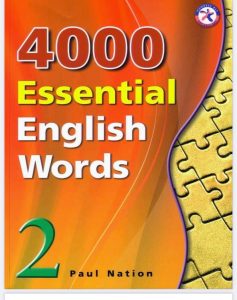

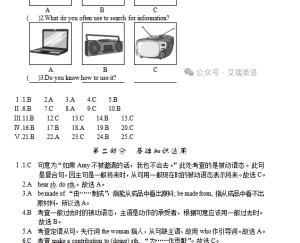
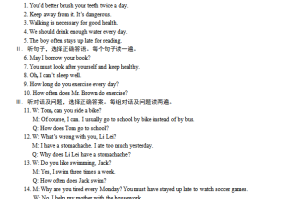



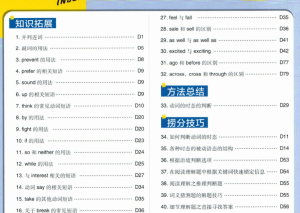
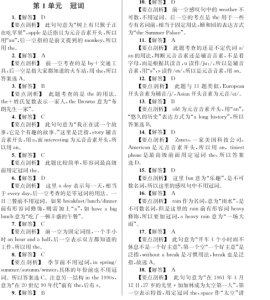
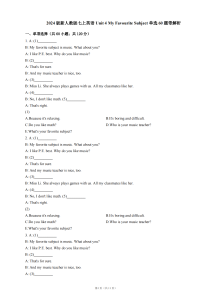


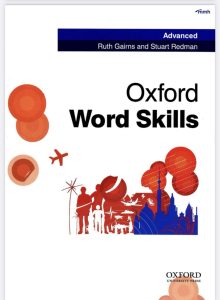
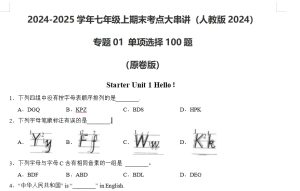
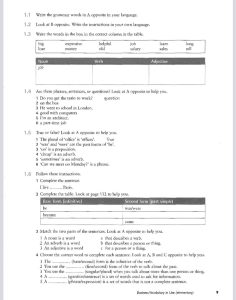



暂无评论内容